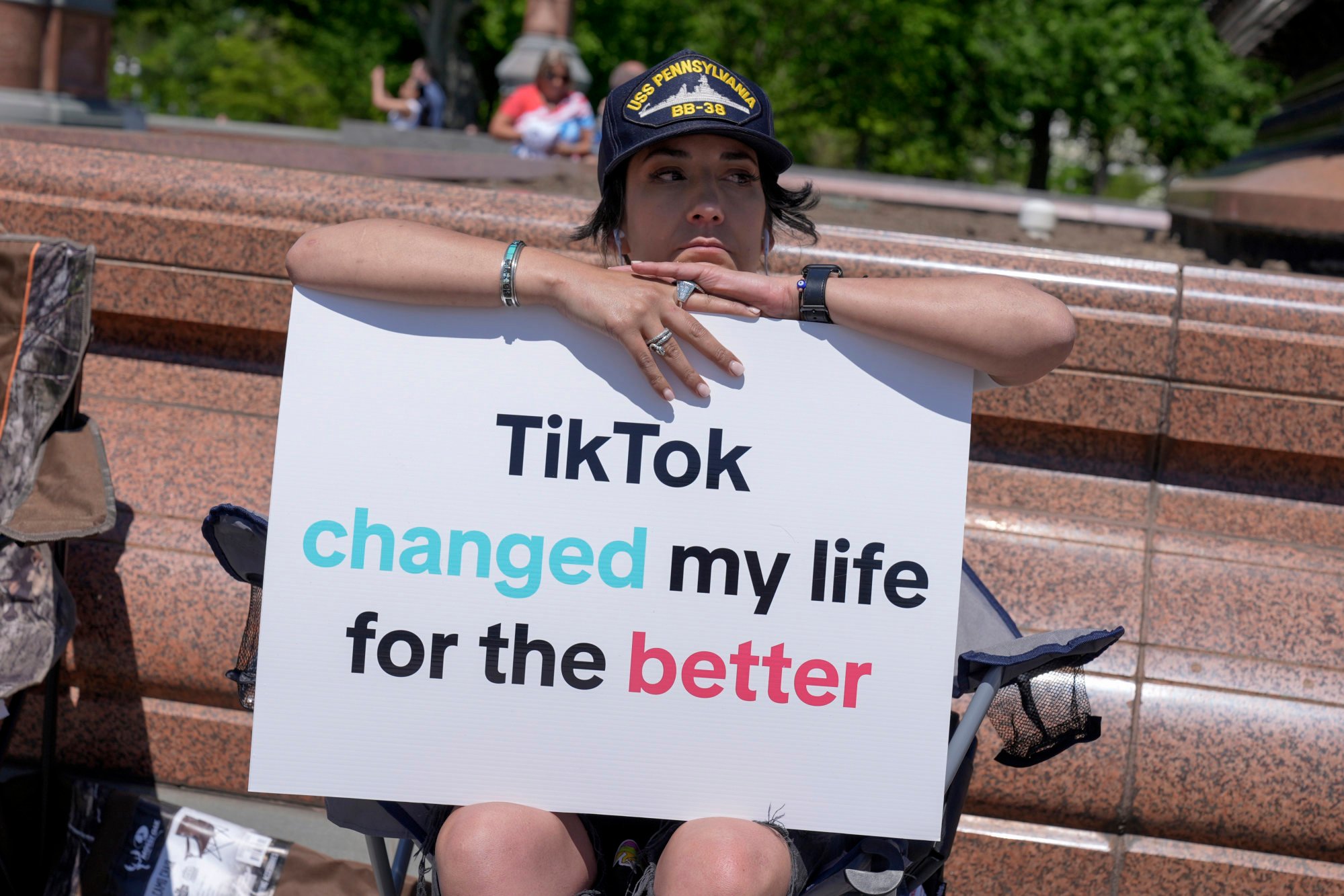TikTok and parent ByteDance call security concerns in US divest-or-ban law ‘speculative’
The two plaintiffs also dismissed allegations about China’s influence in the short video app’s operations in the US.
“The suggestion that China would seek to acquire such data through the roundabout method of demanding it from TikTok’s owners, while evading TikTok’s measures to block such efforts … is both speculative and counterintuitive”, according to the legal brief published on TikTok’s official site.
Citing one example, the brief said the US House Committee report in March “offered no evidence of TikTok disclosing user data to Chinese authorities, just a general claim that China ‘can require’ companies to surrender their data”.

TikTok and ByteDance reiterated how a divestment under the new law would be impossible owing to Beijing’s opposition.
“The Chinese government regulates the transfer of technologies developed in China,” the legal brief said. “The Chinese government has made it clear in public statements that it would not permit a forced divestment of [TikTok’s] recommendation engine.”
The US Court of Appeals has ordered the Justice Department to file its legal brief by July 26, with reply briefs due by August 15. TikTok and the Justice Department have sought a ruling by December 6 to seek review from the Supreme Court if needed.
A third legal challenge against the US divest-or-ban law was filed on June 6 by the Liberty Justice Centre, representing conservative group Based Politics that posts videos on TikTok.